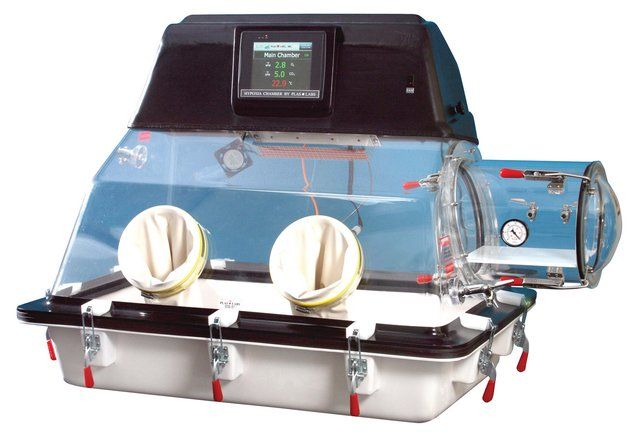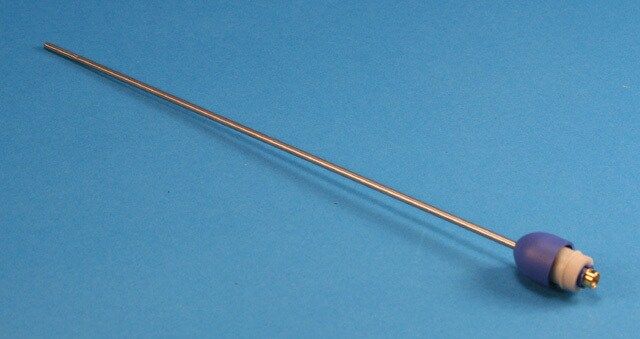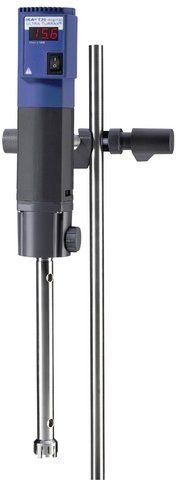产品说明
生化/生理作用
Glutathione S-transferase theta 2 (Gstt2) is an enzyme that in rats is encoded by the Gstt2 gene. Glutathione S-transferases (GSTs) are a family of enzymes that play an important role in detoxification by catalyzing the conjugation of many hydrophobic and electrophilic compounds with reduced glutathione. Based on their biochemical, immunologic, and structural properties, cytosolic and membrane-bound forms of glutathione S-transferase are encoded by two distinct supergene families. At present, eight distinct classes of the soluble cytoplasmic mammalian glutathione S-transferases have been identified: alpha, kappa, mu, omega, pi, sigma, theta and zeta. The GSTs are thought to function in xenobiotic metabolism and play a role in susceptibility to cancer, and other diseases.
特点和优势
The human cytosolic Glutathione S-Transferases (GSTs) are expressed as 18 distinct gene products yet they share a common structural morphology. This immunoassay is specific for GST Pi (GSTP) and exhibits less than 1% cross reactivity towards the other 17 human cytosolic GST enzymes. GSTP is considered to be a urinary biomarker for renal cell damage and is localized to the distal convoluted tubules, thin Loop of Henle, and the collecting ducts of the kidney.
This is a standard sandwich enzyme linked immunosorbent assay (ELISA). The plate is pre-coated with anti-GSTP and blocked, ready for the addition of samples and standards. The assay should take about three hours to run, plus any required sample preparation time.
When measuring urine samples, it is recommended to normalize samples to creatinine to account for variations in fluid intake and excretion. Creatinine is produced at a constant rate and can be used to normalize the concentrations of other analytes.
基本信息
| NACRES | NA.81 |
产品性质
| 储存温度 | 2-8℃ |
安全信息
| 象形图 |  |
| 警示用语: | Warning |
| 危险声明 | H315 - H319 - H335 |
| 预防措施声明 | P305 + P351 + P338 |
| 危险分类 | Eye Irrit. 2 - Skin Irrit. 2 - STOT SE 3 |
| 靶器官 | Respiratory system |
| 储存分类代码 | 12 - Non Combustible Liquids |
| 闪点(F) | Not applicable |
| 闪点(C) | Not applicable |







